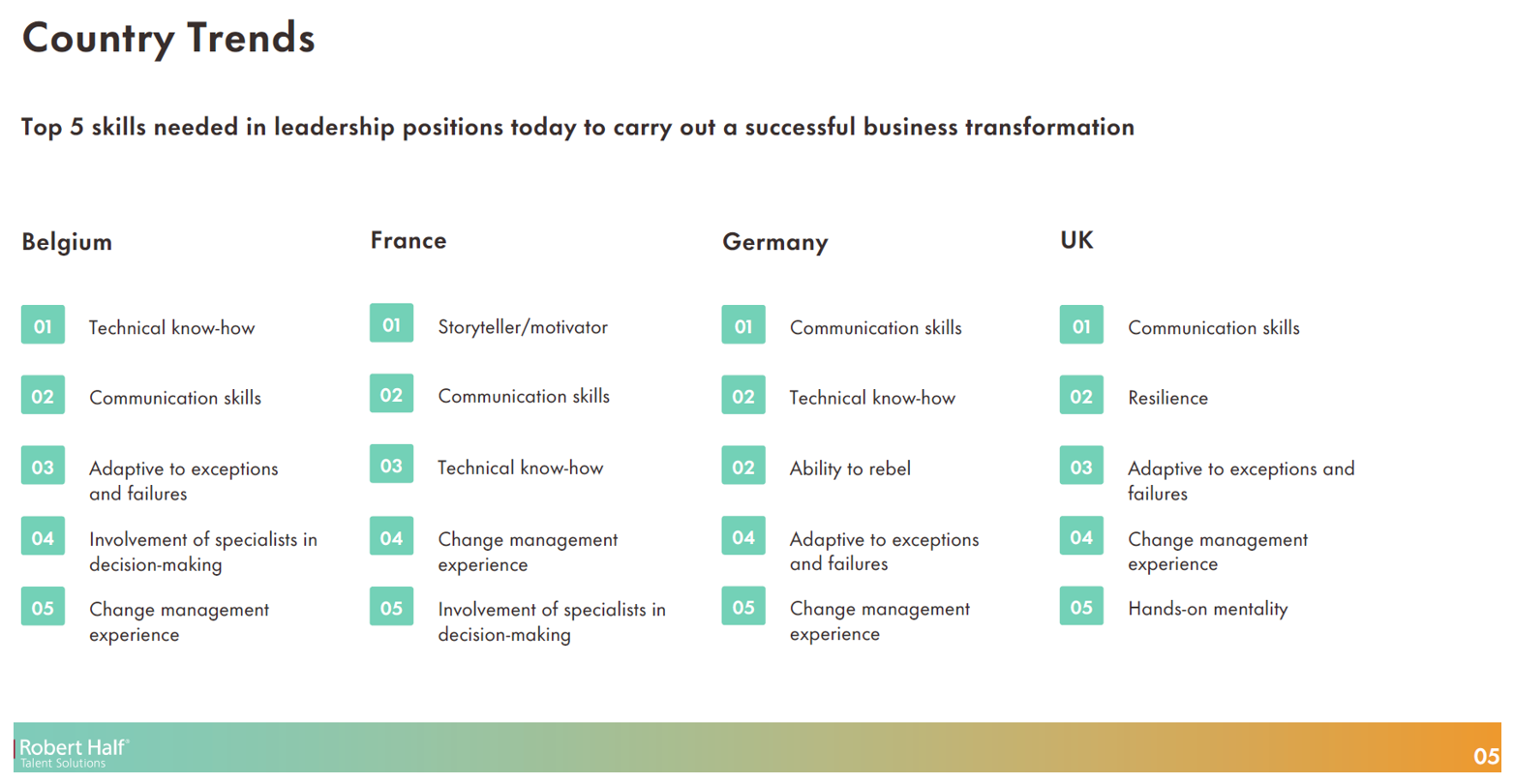The world was already hurtling towards the 4th industrial revolution when the pandemic hit. Since then, we’ve seen exponential growth of technology in our everyday lives and within the world of work. Everything has changed.
The number of users online across the world surged from 4.1 billion in 2019 to 4.9 billion in 2021, meaning 63% of the world’s population is now digitally connected. The shift has opened new markets, increased the quantity of analysable data, and pushed non-tech businesses to digitise their systems to compete with tech start-ups, facilitate remote working, and gain a customer advantage.
But how will tech integration affect jobs, businesses, and the way we work? What jobs are threatened by technology, and how can we prepare for the future of work?
Growing technology and its impact on jobs
According to Finances Online, 81% of ‘predictable physical work-related’ tasks could be automated by existing tech and 85 million jobs may be displaced by automation by 2025.
What jobs are threatened by technology?
Oxford Economics has predicted that tech adoption will likely impact jobs which consist of manual, repetitive tasks. This is most prevalent in transport, construction, hospitality, plus office and administration roles. Financial services roles are also likely to be affected by tech integration, as algorithms are brought in to analyse and assess larger quantities of data faster.
New opportunities
It’s not all doom and gloom — many experts agree that the growth of technology will create as many jobs as it takes due to the boost in economic productivity. Our team at Robert Half has seen an increase in demand for tech-centric roles in recent years, with data scientists, front-end developers, and data analyst talent being the most sought after.
Digital skills are essential for career longevity
Upskilling and retraining for the future of work will be essential if UK workers are to take advantage of these new tech-based jobs. According to research by Robert Half and Burning Glass, non-technical roles saw a 125% increase in demand for digital automation skills last year.
How will tech impact businesses?
Working smarter, not harder
Businesses are starting to move towards cloud and hybrid cloud computing to help them store and analyse large quantities of customer data. Research for the Robert Half 2023 Salary Guide supports this, with survey findings showing that 23% of businesses plan to increase process automation to help bolster organisational resilience.
Better accountability
As employee demand grows for accountability concerning diversity, equity, and inclusion (DEI), businesses will begin to adopt tools to help benchmark progress via ESG metrics. Data from IDC suggests that 70% of businesses will invest in DEI software by 2024 to help aid recruitment and HR initiatives.
Digital transformation needs an associated ‘people plan’ to succeed
It's becoming abundantly clear that without a culture plan, businesses may not see a good return on investment regarding tech adoption. Without effective company-wide communication and a robust training initiative, unprepared workers are unlikely to make the most of the technologies being implemented. Ultimately, people will be the ones to make or break tech implementation and the efficacy of business investment.
Tech’s impact on the way we work
Facilitate hybrid working
Research for the Robert Half 2023 Salary Guide showed that almost three-quarters (73%) of employers felt flexible working was essential for staff retention and attraction. Findings by Forrester corroborate this, suggesting that 30% of employers who attempt to enforce fully in-office work could see a quit rate of up to 2.5%.
Hybrid working isn’t just essential for better work-life balance — it has also introduced a more human element into professional relationships. Since 2020, we’ve been inviting colleagues into our homes via video conferencing or collaborating with them in virtual teams across the globe whilst saving air miles and limiting environmental damage.
More room for creativity
The introduction of automation and AI into job roles isn’t necessarily negative. According to Finance Online, 33% of employers are using tech to streamline internal processes, and 41% are using it to improve operations. Workers are moving towards a future in which their creativity is more valuable than their ability to perform manual tasks.
In Robert Half’s wider enterprise, the consultants work with the LUMA institute, which has a series of digital platforms and processes designed to teach human-centred design methods. When applied alongside the right digital resources, technology can enhance an organisation's creative, collaborative, and human-centred approaches.
The human side of leadership
In a recent Protiviti and Robert Half event on the future of culture, culture gurus observed businesses beginning to look past KPIs and focus more on creating a sense of belonging for workers. Communication with employees has improved since the pandemic as business leaders try to foster a sense of community and protect staff wellbeing.

Soft skills become key
As technology becomes foundational for more businesses, the need for soft skills and human traits becomes equally important. Adaptability, compassion, and communication are some of the most crucial in the future job market right now. In addition, roles in technology and IT teams have become more client-facing, demanding new skills from even the most tech-proficient employees. From now on, a blend of digital and human soft skills will be key.
Do you have business concerns around meeting the challenges of growing technology? Contact our team for managed solutions today.








